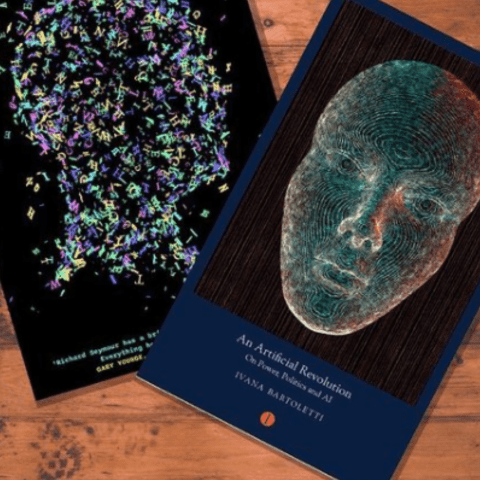Who are you, when you come from two places?
Ennatu Domingo was adopted from Ethiopia at the age of seven and transplanted to Barcelona where she learned to flourish. But she never forgot her nomadic childhood in the mountains and meadows of Gondar, near the northern border with Eritrea.
Having witnessed the hardships of Ethiopian rural women at an early age, she was inspired to study the patriarchal structures that underpinned her individual experiences, both in the West and in contemporary Ethiopia. She has lived in Kenya, Belgium and the UK, and has travelled across the five continents, but keeps returning to the country of her childhood, to re-construct a lost identity guided by the echo of her first language Amharic and the weight of a rich cultural heritage.
Torn between forgetting and remembering, Ennatu explores the dilemma of international adoptees and migrant children and their quest for belonging in a book destined to be a classic of its genre.
Praise
‘Burnt Eucalyptus Wood defies easy categorization. It is at once a love story and a battle cry, an elegy and an anthem. It is compulsive reading, bursting with tenderness while remaining uncompromising in its assessments and realizations. Take note: this astonishing book announces the arrival of a rare voice, wise beyond her years. Perhaps beyond all of ours.’
—Maaza Mengiste, author of The Shadow King, shortlisted for the 2020 Booker Prize
‘The biography of Ennatu Domingo is impressive, and hearing her speak is no less impressive. In this small body there are more experiences than can be imagined for a 25-year-old from Barcelona.’
—Ara Magazine
‘In the midst of so much pessimism, especially among young people, this one book is like a crack of light in the dark.’
—Starred review in Time Out (Barcelona)
‘The author mixes the sentimental, intimate and evocative part, which she knows first-hand, with statistics and reports on the African social and economic reality.’
—La Vanguardia
‘A moving, powerful memoir; an essay on how memories of where we come from shape us long after we’ve left.’
—Elizabeth Chakrabarty, author of Lessons in Love and Other Crimes
‘Through the pages of Burnt Eucalyptus Wood, the author makes her debut exposing in the first person the complexities of a country at war and the experiences of a girl who distanced herself from her culture and her language, Amharic, and has built her identity in another country.’11
—Diari de Barcelona















